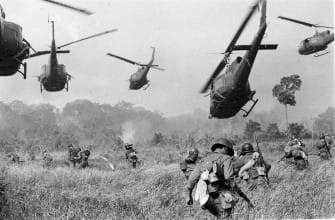I was born on the last summer day of John F. Kennedy’s presidency, at least as Americans might count it. I was born on Labor Day Monday 1963, a holiday that marks the end of summer with family get-togethers. That’s how the other Kennedys – no relations of mine – spent their own Labor Day weekend, at their traditional home away in Hyannis Port. The photos taken of that weekend all add to the poignancy of the family tragedy; a scant twelve weeks later JFK would be shot and killed.
I obviously have no personal recollection of Kennedy myself. But I’ve often imagined myself having been born in another, better time than the one I actually came to experience. Those last summer days of 1963 were days before the Fall – in which a political assassination led to all kinds of ugliness: a brutal war in Vietnam, increased racial tensions across the United States and new levels of political recrimination and public cynicism. For Europeans just as for many Americans, a hope for a new and better era had been dashed suddenly at Dallas. His death brought, as it has been said countless times, a Loss of Innocence.
That vision of history has never lost its on grip on me, because it’s a powerful one: it fits the narratives of both romance and tragedy that we’d like to believe in. And for Americans, it’s tempting to think that a “what if JFK had lived” counterfactual history would have been a lot better than the 1960s which we actually got which, in comparison to situation here, was pretty painful. But I doubt very much that it would have been much different if JFK had been around to preside over it all. To be sure, JFK might have prevented a massive expansion of American intervention in Vietnam, but Kennedy’s record is ambiguous enough to suggest he may well have taken up a policy similar to Johnson. In any event, in a decade of rising expectations – expectations which Kennedy himself did much to elevate – disillusion and discontent was bound to hit the Kennedy administration at some point soon. Race riots and burnt black churches in Mississippi were less than a year away, not to mention signs of a culture war over prayer in public school and protected free speech. Kennedy could not have stopped the Fall from coming, and we should not continue to suppose that he could have stopped it.

